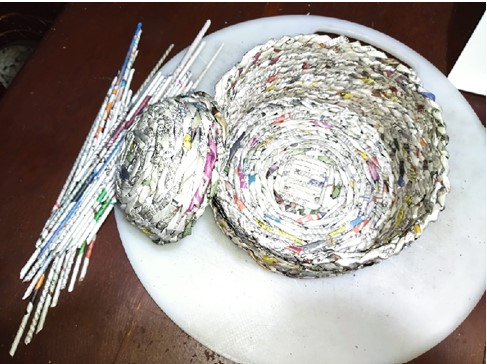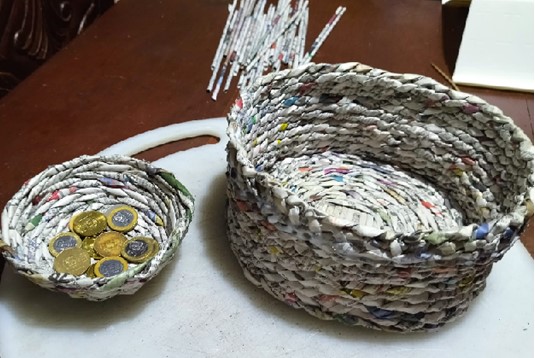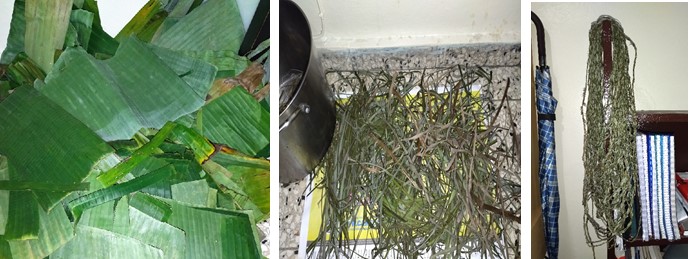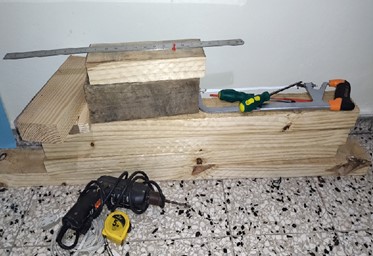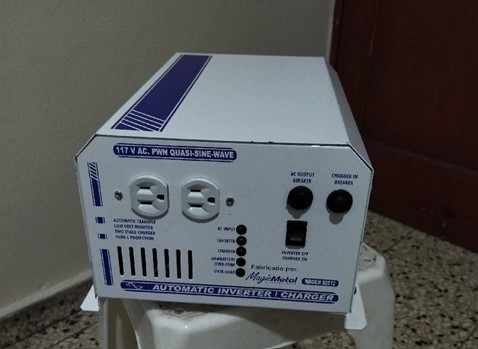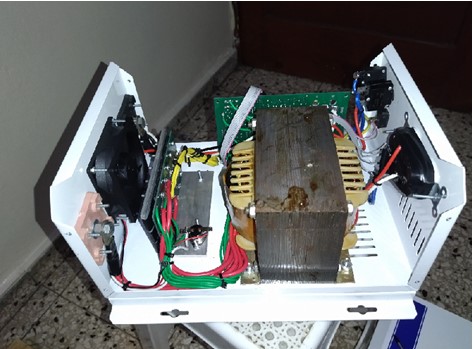A Letter from José LaMont Jones, serving in the Dominican Republic of Congo
Summer 2021
Write to Jose LaMont Jones
Individuals: Give online to E200543 for Jose Jones’ sending and support
Congregations: Give to D507602 for Jose Jones’ sending and support
Churches are asked to send donations through your congregation’s normal receiving site (this is usually your presbytery)
Subscribe to my co-worker letters
Dear friends,
Peace and Grace to you!
I pray this update finds you well and in good spirits. It is that time of the year again when we prepare for the Annual Congo Mission Network Conference and interpret our partners’ and our ministries in the Democratic Republic of Congo. This year’s conference will again be virtual as we are in the waning (hopefully) days of the Coronavirus pandemic. Lord willing, we look forward to a more traditional, in-person meeting in October of 2022. The topics include Christian Literature, specifically the Tshiluba Bible translation project, COVID vaccinations with vulnerable children, environmental discipleship, and climate change. Keep watch for these meetings, currently planned for September 11, October 16, November 13, and December 11, 2021.
I have been working with Rev. Mudekereza Nsibula of the Presbyterian Community of Kinshasa (CPK), who is leading the Environmental Discipleship ministry. The work is based on the understanding that humankind has been assigned to be stewards of God’s creation. Our stewardship has implications for justice of all peoples and the interconnected nature of all living and nonliving things. Rev. Nsibula is designing and implementing a program that addresses food, electrical energy, peace, and stability issues as participants are led to see our biblical calling to participate in God’s creation through the care of our world and each other.
One of the projects he has implemented is vertical gardens. Vertical gardens are less resource-dependent (land, water, and labor) and can grow food in heavily populated and rural areas. Growing one’s own food becomes an essential survival skill for citizens who live on less than two dollars a day. I have done container and small gardening for years and look forward to participating in this very needed ministry.Another concept important to doing no harm to the environment is the concept of circular economies. These economies stand in opposition to the extractive ways of obtaining resources. In circular economies, by-products, and waste from one process are consumed by other processes to ensure maximum use of resource material. For example, the DRC produces roughly 360 million metric tons of bananas and about twice as much waste (foliage and non-productive plants). This waste has historically been burned, causing damage to air quality, and generating global-warming CO2 gas! Yet, banana plants contain linear fibers that can be spun into yarn and made into fabric. These fibers can be used for crafts, paper production, furniture, and finally as fertilizer for planting. The DRC also has three native varieties of bamboo, which can be used for furniture, and baskets. The list goes on.
I have been looking into the use of banana plants and the reuse of waste newspaper to gather the skills to eventually be able to construct stools and desks for the Presbyterian Community of Kinshasa (CPK) schools. Not only will we be able to construct needed furniture for classrooms, but we will be helping the environment by gathering misplaced resources and developing a more circular economy at the same time as we introduce skill sets that can generate income. Paper and leaf are basically cellulose. Baskets and other useful objects can be made from dried grasses, banana leaves, stems, coconut husk, bamboo, and corn. The best part is that they are all biodegradable and will break down after their useful life, lowering pollution, and the carbon footprint. Here are a few of the simple baskets I’ve made as I hone my skills.
I’ve gathered banana leaves here in Santo Domingo to make a large braid of banana twine. My goal is to design a stool that can model what could be fabricated for schools. Eventually, I’ll need more fibers. I have gathered some shoots of the pseudostem of a tree, and they appear to be growing well. The jury is out on my propagation work. Wish me luck! Meanwhile, I have my leaves, my twine, and some wood pieces to work the frame of my stool.
Another theme of the environmental discipleship curriculum is energy, specifically electrical energy. On the first day of the biblical narration of creation, God says, “Let there be light.” From the light comes vision, energy for all of life. Freely given by God to creation, light, and energy are important. factors in the development of humankind and societies. Access to energy becomes a justice issue since some individuals and communities do not have access to energy. Worse yet, extraction of the resources for energy production comes from areas of the world that themselves do not have reliable energy infrastructures as those resources are extracted for the use of a privileged few.
My French lessons, given by my tutor located in the DRC, were interrupted several times due to several power outages. This often occurs here in the Dominican Republic, and many people use power inverters to compensate. I signed up for a course in the construction and repair of Inverters at a very reputable technology school in Santo Domingo. The class has been very informative and has given me a positive example of technical education, which will come in handy in Congo. I recently finished my first inverter construction, and everything checked out well!
These months during the pandemic have been very educational. We have learned lessons about technology that have brought us closer to our Congolese brothers and sisters and have facilitated communication and shared decision-making. We have been able to collaborate virtually, and ministries continue, but there is no substitute for building relationships and doing ministry in person. I feel better equipped for my ministry in Congo and look forward to being able to travel soon. The way things have developed, my ministry is in line with how God has designed me for such a time as this. Isn’t God great! We are ready to go, roll up our sleeves, and collaborate in the important ministries that CPK has implemented to develop disciples who care for our world and each other and to be good stewards living according to good Christian values!
Jose
![]() You may freely reuse and distribute this article in its entirety for non-commercial purposes in any medium. Please include author attribution, photography credits, and a link to the original article. This work is licensed under a Creative Commons Attribution-NonCommercial-NoDeratives 4.0 International License.
You may freely reuse and distribute this article in its entirety for non-commercial purposes in any medium. Please include author attribution, photography credits, and a link to the original article. This work is licensed under a Creative Commons Attribution-NonCommercial-NoDeratives 4.0 International License.
